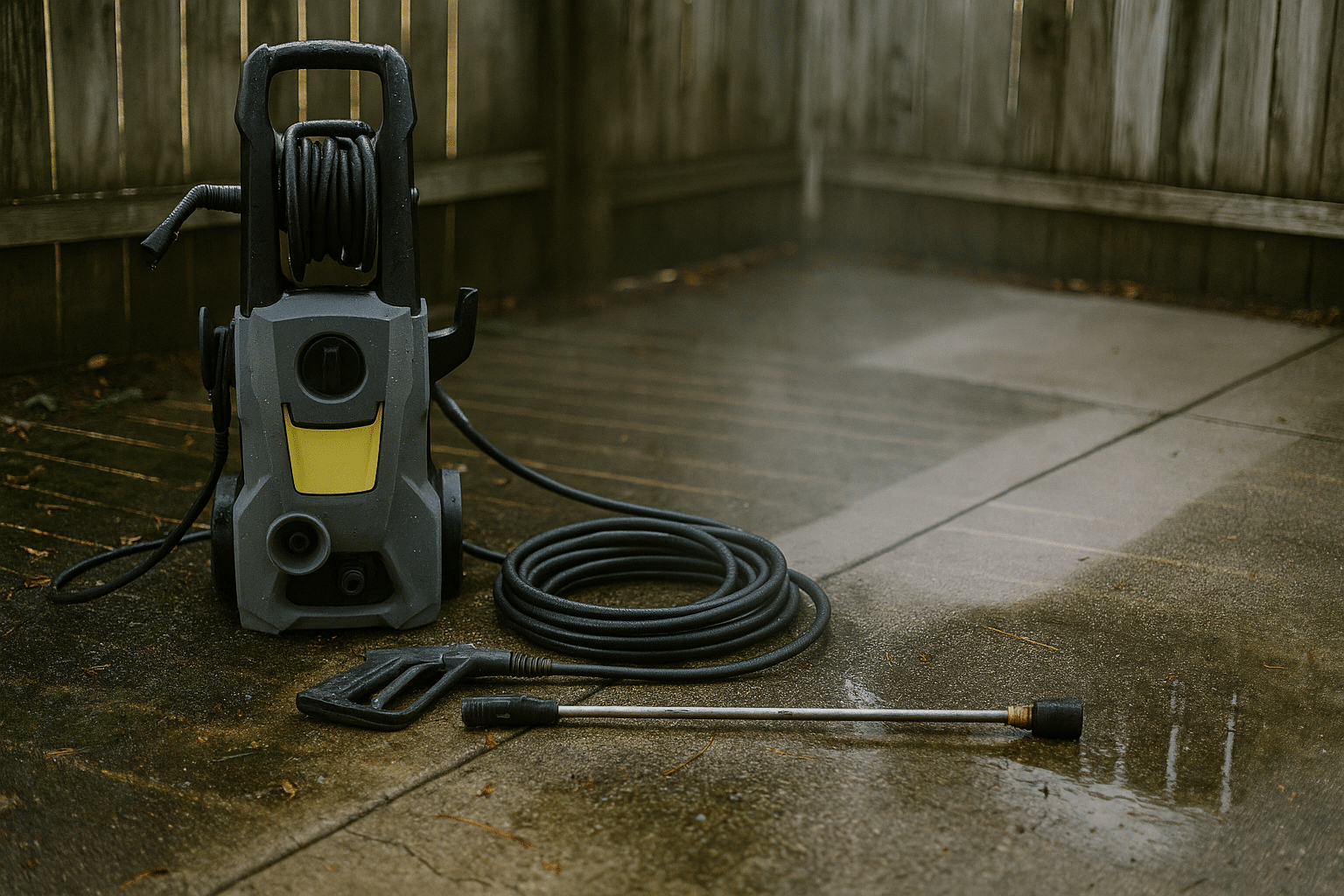
Navigating Fitness Trackers: What You Need to Know
Fitness trackers have become a staple in the world of healthy living, offering a convenient way to monitor and improve physical activity. Whether you’re a seasoned athlete or just starting your fitness journey, these devices provide insights that can help you reach your goals more effectively.
With a myriad of options available, navigating fitness trackers can be overwhelming. Let’s dive into the essentials of choosing and using these devices to enhance your wellbeing.
Understanding Fitness Trackers
Fitness trackers are wearable devices that monitor various health metrics, including steps taken, heart rate, and even sleep patterns. According to a report by Statista, over 300 million wearable devices were sold worldwide in 2021, highlighting their popularity and utility.
“Fitness trackers empower individuals to take control of their health by providing real-time data,” says Dr. Emily Carter, a renowned physiologist.
Features to Consider
- Compatibility: Ensure the tracker is compatible with your smartphone.
- Battery Life: Look for devices with longer battery life to avoid frequent charging.
- Water Resistance: If you swim or live in a rainy climate, this feature is crucial.
- Metrics Tracked: Consider what health data is most important for you, such as heart rate or sleep analysis.
Personal Experience
Take, for example, Mark, a marathon runner who found that tracking his sleep improved his performance. By using a fitness tracker, he was able to adjust his rest patterns to optimize his training.
Choosing the Right Tracker
When selecting a fitness tracker, it’s essential to match the features with your lifestyle and fitness goals. Here’s a comparison table to help:
| Feature | Casual User | Athlete |
|---|---|---|
| Step Tracking | Essential | Essential |
| Heart Rate Monitor | Optional | Essential |
| GPS | Optional | Essential |
| Sleep Tracking | Essential | Optional |
| Water Resistance | Optional | Essential |
| Calorie Tracking | Essential | Essential |
| Multi-Sport Mode | Optional | Essential |
| Battery Life | Essential | Essential |
Maximizing Your Tracker’s Potential
Once you’ve chosen a tracker, using it effectively is key. Set realistic goals, utilize app features for motivation, and regularly sync your data for accurate tracking.
Frequently Asked Questions
Are fitness trackers accurate?
While not perfect, fitness trackers provide a good general overview of your activity levels and can be a great motivational tool.
Can a fitness tracker help with weight loss?
Yes, by tracking your activity and calories burned, you can make more informed decisions about your diet and exercise routine.
In conclusion, fitness trackers can be a valuable addition to your healthy living toolkit. By selecting a device that aligns with your lifestyle and using it consistently, you can gain insights that help you achieve your health and fitness goals. For more information on fitness and health, visit Healthline.


